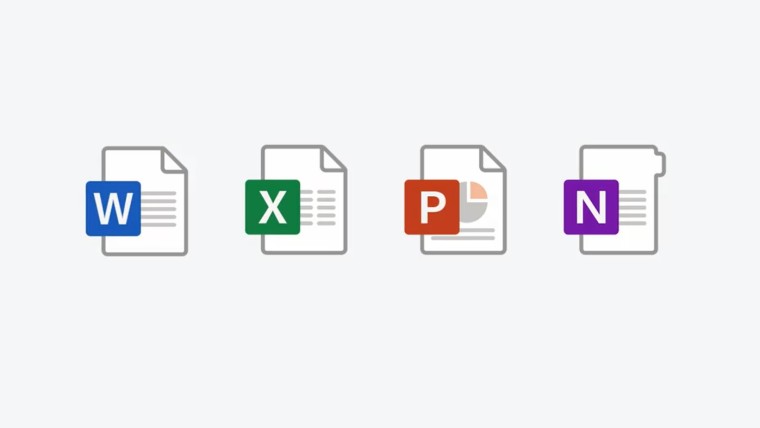Top Stories
Microsoft Phases Out VBScript: Transitioning Legacy VBA Projects

Microsoft has announced the ongoing deprecation of VBScript in its Windows operating system, prompting users to take action regarding their legacy VBA projects. This transition is part of a broader effort to enhance security and streamline programming practices within the Microsoft ecosystem. Effective March 2024, users will need to explore alternative solutions to ensure their existing applications remain functional.
As organizations increasingly shift towards modern programming languages, the IT community has been urged to prepare for the phase-out of VBScript. This decision follows a trend in the tech industry where outdated technologies are being replaced with more robust and secure options. Microsoft has emphasized the importance of migrating VBA projects to supported platforms, particularly those within the Microsoft 365 suite.
Understanding the Impact of Deprecation
The deprecation of VBScript affects a wide range of industries that have relied on this technology for automation and scripting tasks. Many businesses have built complex systems using VBA that are now at risk of becoming obsolete. Microsoft has provided guidance on transitioning these projects, highlighting the need for developers to adapt to new programming environments.
In its advisory, Microsoft suggested several alternatives to VBScript, including using Power Automate and other automation tools that integrate seamlessly with Microsoft products. This shift not only aims to modernize workflows but also to enhance security measures that protect sensitive data.
Steps for Transitioning Legacy VBA Projects
To assist users in navigating this change, Microsoft has outlined specific steps that developers and organizations should consider:
1. **Assess Existing Projects**: Identify all legacy VBA projects currently in use and evaluate their functionality and relevance to ongoing operations.
2. **Explore Migration Tools**: Utilize Microsoft’s recommended tools for migrating VBA functionality to supported alternatives. This may include converting scripts to Power Automate flows or transitioning to other programming languages supported by Microsoft.
3. **Update Documentation**: Ensure that all project documentation reflects the changes made during the transition. This includes updating any user guides or training materials to facilitate smoother adaptation for end-users.
4. **Test Thoroughly**: After migration, conduct comprehensive testing to ensure that all functionalities behave as expected. This step is crucial to minimize disruptions in business operations.
5. **Train Staff**: Provide training sessions for employees on the new systems and tools being implemented. This will help ease the transition and encourage acceptance among users.
By taking proactive steps, organizations can mitigate the risks associated with legacy systems while enhancing their overall technological landscape. As the industry moves toward more secure and efficient solutions, staying informed about these changes is vital for continued success.
In summary, the deprecation of VBScript marks a significant shift in Microsoft’s approach to software development and security. As businesses prepare for this transition, embracing modern programming tools will be critical in maintaining operational efficiency and safeguarding valuable data.
-

 Lifestyle3 months ago
Lifestyle3 months agoLibraries Challenge Rising E-Book Costs Amid Growing Demand
-

 Sports3 months ago
Sports3 months agoTyreek Hill Responds to Tua Tagovailoa’s Comments on Team Dynamics
-

 Sports3 months ago
Sports3 months agoLiverpool Secures Agreement to Sign Young Striker Will Wright
-

 Lifestyle3 months ago
Lifestyle3 months agoSave Your Split Tomatoes: Expert Tips for Gardeners
-

 Lifestyle3 months ago
Lifestyle3 months agoPrincess Beatrice’s Daughter Athena Joins Siblings at London Parade
-

 World3 months ago
World3 months agoWinter Storms Lash New South Wales with Snow, Flood Risks
-

 Science3 months ago
Science3 months agoTrump Administration Moves to Repeal Key Climate Regulation
-

 Science2 months ago
Science2 months agoSan Francisco Hosts Unique Contest to Identify “Performative Males”
-

 Business3 months ago
Business3 months agoSoFi Technologies Shares Slip 2% Following Insider Stock Sale
-

 Science3 months ago
Science3 months agoNew Tool Reveals Link Between Horse Coat Condition and Parasites
-

 Sports3 months ago
Sports3 months agoElon Musk Sculpture Travels From Utah to Yosemite National Park
-

 Science3 months ago
Science3 months agoNew Study Confirms Humans Transported Stonehenge Bluestones









